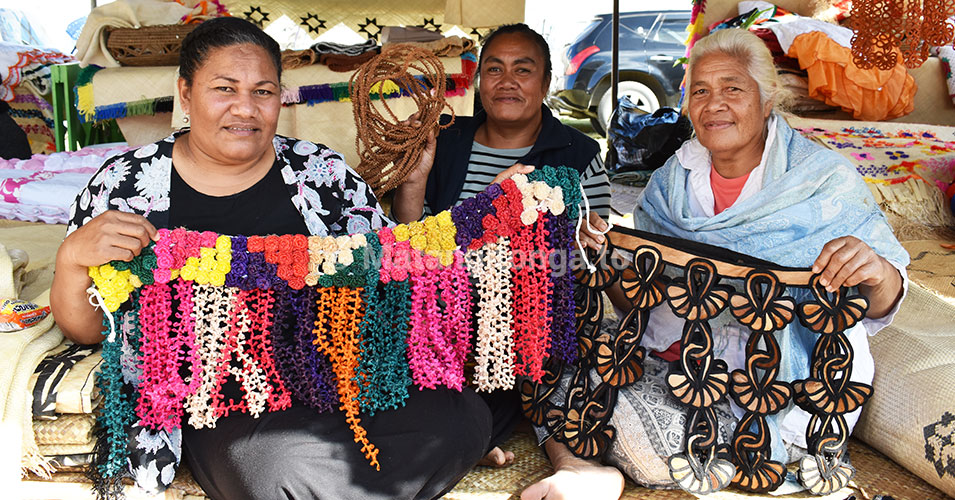
Women in Tonga can contribute to creating a more open and productive economy if the barriers they face are addressed, states a book recently released by the Asian Development Bank (ADB).
The book, titled Women and Business in the Pacific, is a joint publication from ADB’s Pacific Private Sector Development Initiative (PSDI) and the Government of Australia.
It looks at how women across the Pacific currently engage in the private sector, and analyses a range of issues that stifle their involvement. The book also provides ways to address those challenges.
The issues found include limited access to land, finance, skills training, and markets; shortcomings with dispute resolution and enforcement of rights; and threats to health and personal safety.
Significant barriers
In Tonga, women continue to face significant barriers to employment and entrepreneurship, with only 30% of women (according to the most recent census) in a regular job, mostly in the informal sector. The wage gap between men and women was also found to be substantial as women were mostly employed in lower paying jobs.
The book’s lead author and PSDI’s Gender Expert, Ms Vijaya Nagarajan said many of Tonga’s women entrepreneurs struggle to access finance, have difficulty getting information and training on business operations, and cannot reach regional or international markets.
“This book provides local insights and practical recommendations to support Tongan women to overcome these barriers and fulfil their potential as employees and entrepreneurs.”
Numerous opportunities are identified in the book to empower women business owners and entrepreneurs in Tonga. These include allowing use of non-land credit collateral, standardizing the process for grants and subsidizing credit, and creating an entrepreneurial hub to provide information and advice for women working in the informal sector.
The PSDI is a regional technical assistance program undertaken in partnership with the governments of Australia and New Zealand, and ADB. It supports the ADB’s 15 Pacific developing member countries to improve the enabling environment for business to support inclusive, private sector-led economic growth.
ADB is committed to achieving a prosperous, inclusive, resilient, and sustainable Asia and the Pacific, while sustaining its efforts to eradicate extreme poverty. In 2018, it made commitments of new loans and grants amounting to $21.6 billion. The ADB was established in 1966, and is owned by 68 members – 49 from the region.



